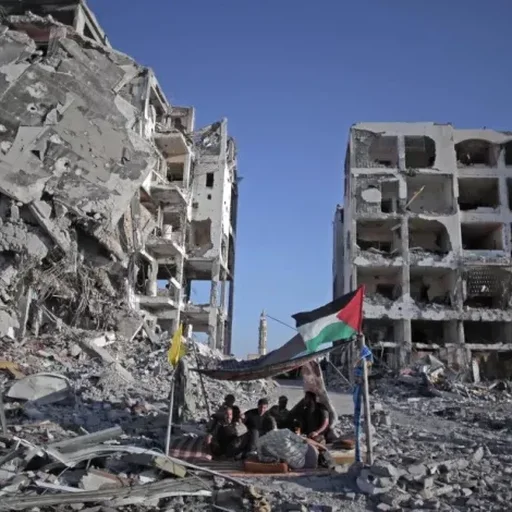Yasmin Abu Shammala, a writer from Gaza, recently published an article examining the tough realities of dealing with loss and displacement. She looks back at a time when she believed people could easily move on after losing their homes, family, or dreams, as if these things never happened. Now, she understands this idea doesn’t match the experiences of people facing major trauma.
Abu Shammala’s article explores how complicated it is to move forward when everything familiar is gone. She discusses how people might initially hope a new home can replace the old, or that family members can fill the space left by loved ones who have died. Furthermore, she wonders if it’s truly possible to heal and rebuild after such devastating losses, especially in places affected by conflict like Gaza. She writes, “I once believed that a person could adapt to any environment forced upon them,” illustrating the optimistic view she now questions.
Her reflections highlight the emotional weight of constant displacement and trauma. In addition, Abu Shammala challenges the notion that one can simply “start new from zero” after each loss. Instead, she argues for a deeper understanding, one that recognizes the lasting impact of such events. These issues are relevant in many places, not just Gaza, raising concerns about how people recover after experiencing conflict or natural disasters.
Finally, Abu Shammala’s piece encourages readers to think again about the true effects of loss. She asks readers to try to understand the difficulties people face as they try to rebuild their lives. She poignantly notes, “I thought that if someone lost their home, they could build another as if the first never existed,” a feeling many may have shared but now question. Her work calls for a more understanding approach to how we see recovery and resilience after great hardship.
